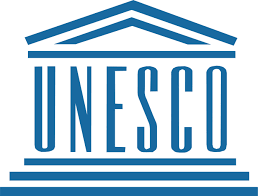The United Nations Educational, Scientific and Cultural Organisation (UNESCO) has stated that Urdu being used as a medium of instruction leads to problems in the attainment of education in the country. As a language, apart from being one of the official languages of Pakistan, Urdu is spoken in less than 8 percent of homes in the country. UNESCO claims that Urdu being used as an official language can lead to the escalation of political tensions and they use the example of the turmoil created over Bengali as an example. However, what is now Bangladesh was one entire half of the country, and none of the other provinces in Pakistan play that important a role in forming national identity. Urdu, though not a mother tongue for many, is the only language we have that is regional and that can be considered national.
It is easy to use the issue of languages as the main reason for the failure of the education system. Schools in France and Germany teach multiple languages, and the standard of education is perfectly acceptable. Other issues such as the lack of schools, quality teachers, problems in the curriculum and a whole host of other issues are more to blame than the problem in teaching languages from an early age. Urdu or English, or even one of the regional languages will be of no use if there is no access to education for children across the country.
Children brought up in homes across the country primarily speak the regional language of their province. Whether its Pashto, Punjabi, Sindhi or Balochi, the minute these children step into schools, they are expected to learn two new languages immediately. Not only that, but their entire thought process is suddenly supposed to fit one of the new languages, as the medium of instruction is either English or Urdu. A child that speaks a regional language at home cannot be expected to compete with students that have been brought in homes that speak one of the national languages. The whole system is skewed against the majority of students and it is no wonder that the dropout rate is as high as it is in the country; a language a student does not fully understand is only likely to alienate him/her. Although this is one of a multitude of issues, using the regional language as a reference point to teach the national language is the best way to mitigate this problem. There needs to be a middle road that the state can take on the language question, but it all depends on the quality of the teachers and schools. We can have children learning multiple languages, whatever they are - we just need better education policies.






